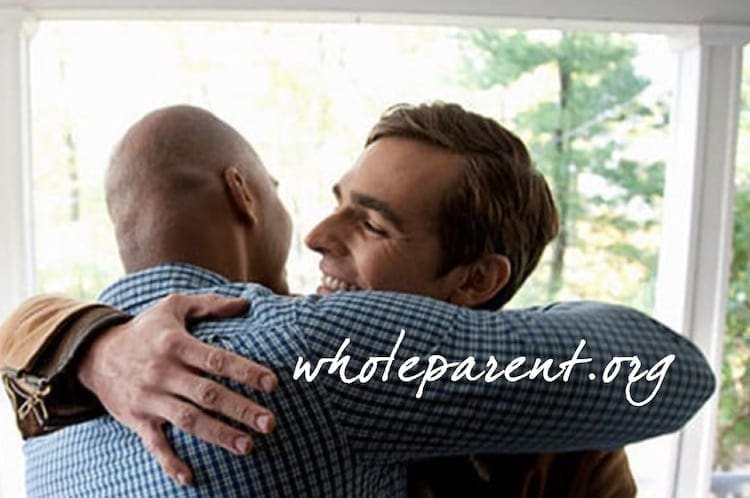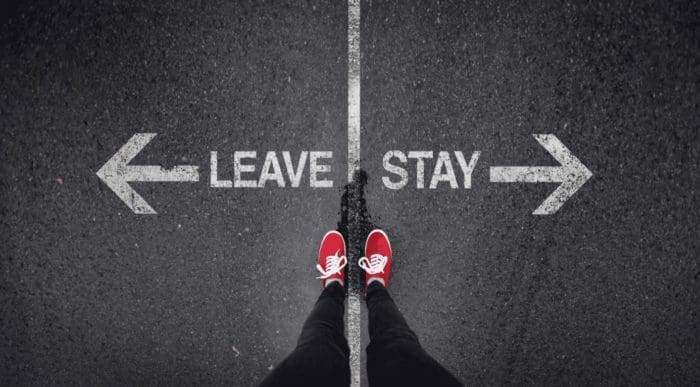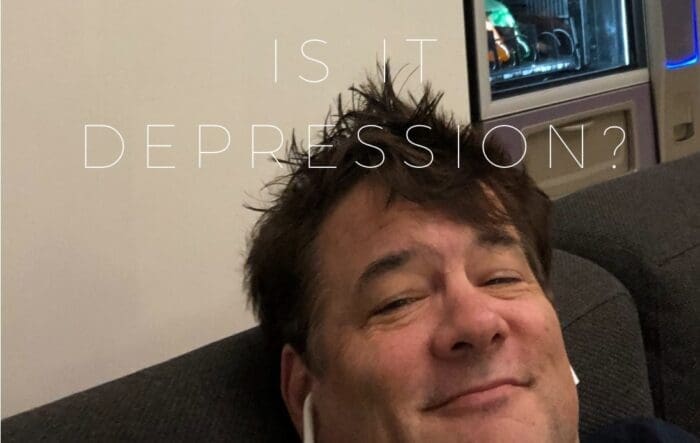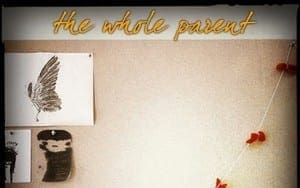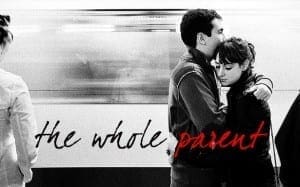As I’ve been working with men and women as a life coach over the last several years, I’m always struck by how hard it is for most of us to ask for help. I’m not sure if my early breakdown (as a freshman in high school) tripped my “ask for help” switch, but I ask for help all the time. I do feel helpless from time to time, but I keep asking for support. My support system is something I’ve actively grown in the years since my divorce. I am lucky. I am also an active participant in my health and healing. As a coach, one of my first goals is getting you to begin actively marshaling your resources.
How We Learn to be Stoic
My dad was a raging alcoholic. He vented enough anger to frighten all of us into submission. One of the deeper consequences of this childhood for me is my discomfort around any angry emotions. My anger. My partner’s anger. My bosses anger. I’ve got a problem in dealing with anger. It is part of my trauma recovery to dig into my anger, embrace my anger, and learn to harness my anger in positive and productive ways.
What I learned, however, living inside a violent household, was how to be stoic. How to shut down all of my feelings as I was being flooded with fear as a toddler. I did not have any defense mechanisms for dealing with the toxic emotions broiling around my father. I did not have any understanding of why I loved this man who could also turn into such a monster. I’m still unraveling some of these questions for myself. But what I learned, and what many of us learned, was to stuff our feelings.
There are many different ways to stuff uncomfortable feelings.
- Drink to numbness (any intoxicant will suffice – pills, weed, other)
- Watch TV news or binge-watch shows
- Keep myself very busy (workaholism, ultra-athlete training, too many non-essential projects)
- Eat ice cream (any overeating or sweet will do, give me a bowl of queso and I can forget about a lot)
- Compulsive dating, or casual sex explorations (it’s much harder to be in and work on a long-term relationship)
- Leave a relationship that gets too close
Love relationships trigger us, we either work through the distress, we numb the distress with some substance, or we leave. Some of us equate drama and high emotions with being in a relationship. It does not have to be that way. But when one of the partners is constantly triggered, well, something is going to break. (SEE: One Man’s Courage to Stand Alone: Brené Brown’s BRAVING)
The Resource List for Recovery
- Al-anon meetings (free, non-toxic, focused on recovery – not exclusively focused on alcoholics)
- Getting together with close friends
- Going to church
- Getting involved in a Meetup group
- Using a coach or therapist to get specific and strategic help
- Bringing in a meds doctor is my chemical imbalance begins to make things more difficult.
Why Coaching Is Not Therapy
In my coaching practice, I’ve learned several striking differences from my time in a therapist’s office. As a coach, I am focused on your desired results and mapping plans to get you back into top mental, spiritual, and physical health. A healthier you is going to be a better parent, a better co-parent, and is going to give you a higher quality fo life. But it’s so hard to get up off the couch or to pick up the 300-pound telephone and make the call to ask for help. In most cases, when someone calls me for support they have reached a crisis.
It often takes major crisis before we are ready to ask for help. And a good bit of what I do as a coach, in the early stages of our “training” is to help you identify ways out of the crisis. How to survive the storm without losing your mind. And here’s what I say to my early callers.
- It is going to be okay. Things will get better. You will feel better.
- What you are going through (feeling) is quite normal.
- I am a safe friend you can talk to about what’s freaking you out.
My role is to help you identify what’s stressing you out, work on lessening that stress, and begin to focus on what’s good for you. And as important, what’s good for your kids. And here is a simple list of things we’re going to work on together.
- What can you do today to make yourself feel better?
- How can we let go of the “mad ex” and get on with what is important in our lives and our kids’ lives?
- What harmful or hurtful things can you stop doing?
- Focusing on your kids well-being, and detaching emotionally from the drama associated with your ex-partner.
If I can help you harness your anger and resentment and point it in a positive direction, I have begun to give you a tool for the future of your life after divorce.
I cannot expect my ex to ever meet my needs again, or even appreciate my contributions to the family. I can expect my ex to loft batshit ideas in my direction from time to time. And I know that MY RESPONSE is the only part of the divorce relationship I can control. I am responsible for my actions.
Our roadmap for the coaching conversation:
- What’s not working in your life?
- What things would you like to have more of in your life?
- What are some short-term goals we can agree to?
- What’s the bigger goal? And let’s break down the steps necessary to get you there.
Sure you can take that list above and apply it to your life. Self-coaching is a great idea. If you need support on your path, I am here to help. As a coach, I can move you towards taking responsibility for your actions. I can help you aim your activities and energy towards a more clear and healthy relationship with your kids. Together we can bring clarity to what you want and how to get it.
I’d love to hear from you.
Always Love,
John McElhenney – life coach austin texas
Facebook | Instagram | Pinterest | @wholeparent
How about an intro call? (no obligation)
How I Can Help
My primary life coaching is the result of being a single dad, and this blog. My primary focus and specializations are relationship-building, communication skills, parenting, and co-parenting. I offer 1 x 1 zoom calls. If you have questions about life coaching I am happy to talk to you. Please schedule a free phone call HERE.
More articles from The Whole Parent:
- Dad’s Divorce Journey: 9-years Later I Still Feel the Loss of Kid-time
- Heal Your Heart from the Fear and Loss by Opening with Vulnerability
- Letting Go of Dreams Update – Celebrating The Whole Parent Year Six
- 3 Required Traits for Building a Lasting Relationship
- Taking the Long Way Home: My Divorce Journey Back to Joy
- 8 Lessons from My First 2 Divorces
